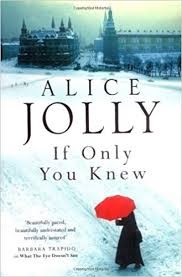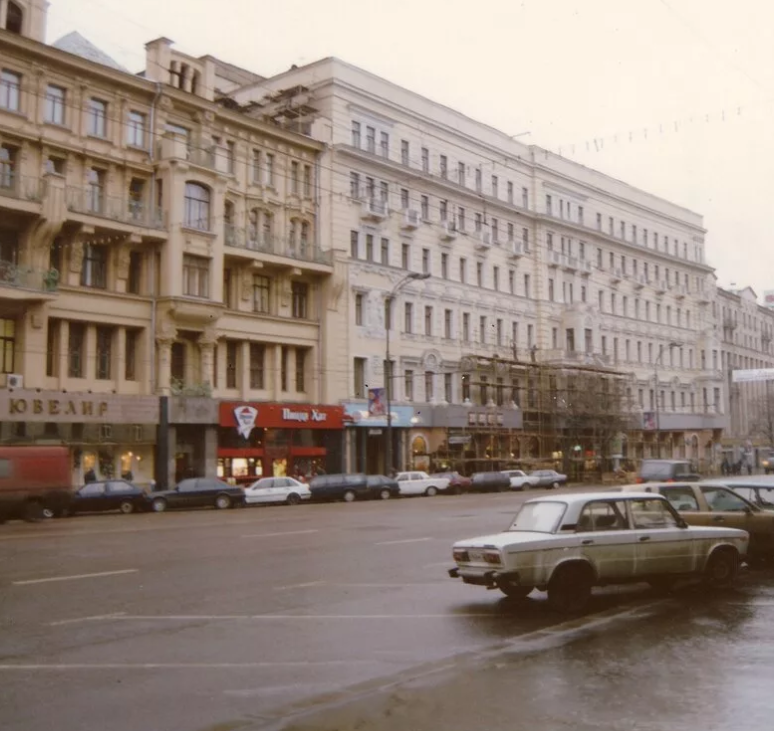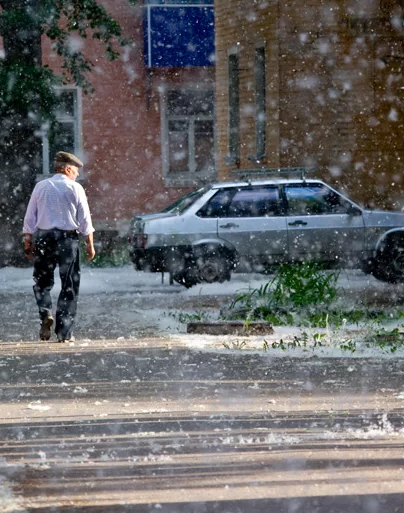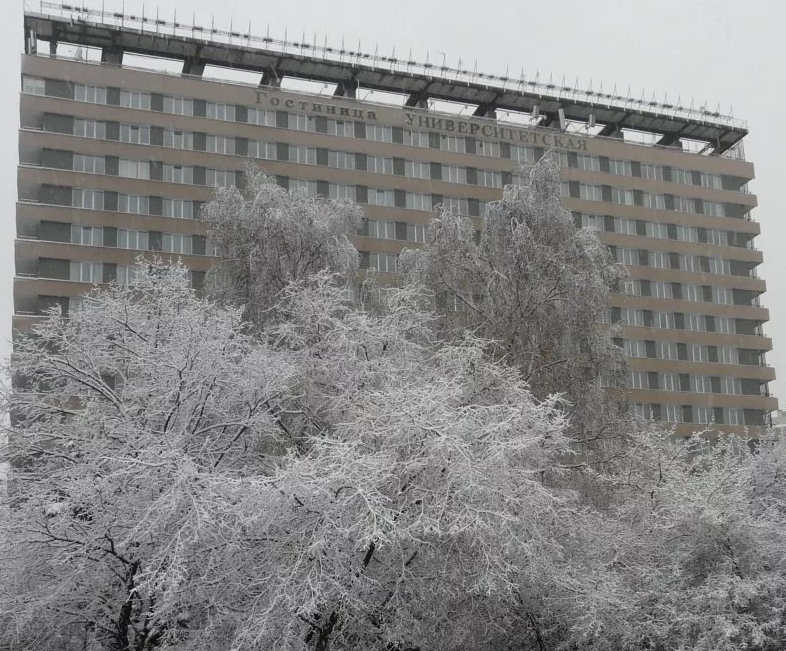Part one of this review is here.

If Only You Knew sees a life transformed as another life dies. Its place and time —Moscow in the year of the Soviet collapse— serves as metaphor for the developing story.
Eva and Rob arrive in a city that is recognisably Soviet in its restrictive and proscriptive milieu. By the novel’s end, intimations of emerging life in all its chaotic and elemental potential are visible on the streets of Russia’s capital.
This transformation rings true. I recall trudging around the centre of Moscow in 1988 trying with too little success to find an open café, in a city of millions, in the heart of an empire.
There is a short passage in Francis Spufford’s magnificent novel Red Plenty, set in the Khrushchev-era, that depicts the paucity of restaurants in Soviet Moscow. Two French visitors have broken away from their delegation’s overseers, hoping to eat somewhere frequented by Muscovites.
Est-ce que ce ville ne contient pas vraiment un seul café ouvert, un seul petit bistro? … How to explain … that there were remarkably few places where you could hope to be fed simply by turning up with money.
red plenty (2010), p. 129

By 1992, the Soviet state had collapsed, and I was fortunate enough to be briefly living in a central Moscow apartment on Tverskaya Street, equidistant between Russia’s first McDonald’s and Russia’s first Pizza Hut, and with the newly opened ‘Night Flight’ club on the doorstep.
Any excursions via the metro stations and underpasses beneath Pushkin Square meant having to step around the crowds of men leafing through the pornographic magazines being sold, and browsed, there.
The chaos and confusion of Moscow at that time is well drawn.
For Rob and me, the living-together experience was new, and we didn’t know how to do it. We felt like children playing house. And being in Moscow only added to our uncertainty. Usually when you live in a foreign place you try, by degrees, to understand it. In Moscow there wasn’t any point in trying. One day the city happened, the next day it happened again; you couldn’t draw any conclusion from anything … We’d invent handy household hints. How to open a tin with a blunt, left-handed tin opener. Twenty imaginative things to do with half a pot of sour cream, two pork chops and three carrots.
If only you knew, pp. 19-20

I particularly enjoyed being reminded of the experience of pukh, which I remember surprising me whilst living in the city of Voronezh in the 1980s.
Pukh appears in May.
For a week the whole city was covered in lumps of white fluff, like cotton-wool. My colleagues told me that this was pukh – which is spores from poplar trees. It lay on the ground, inches deep, like a kind of summer snow. When the wind blew, it rose into my eyes and mouth and made my nose itch. If I went outside for even five minutes then I had to pick handfuls of it off my clothes.
if only you knew, pp. 221-222
These domestic and seasonal descriptions convince. And, as ever, I am unaccountably pleased when fictional characters stay in the same hotels as me; Eva’s romantic trysts in the Universitetskaya Hotel ticked that particular box. (I spent my first ever night on Russian/Soviet soil there).

Incidentally, talking of specific locations, and although this is not about the novel per se, there is an element of trompe l’oeuil about the cover of If Only You Knew.
At a passing glance, the cover picture might appear to be Red Square from the south, due to its open space in which the figure with the red umbrella is walking. But then, of course, that is not Saint Basil’s in the foreground, but the State Historical Museum. The photograph is of Red Square from the north, with Manezh Square digitally removed to be replaced by the snowy landscape on which the figure is walking.
That’s the sort of Russia-in-fiction pedantic detail you come here for … And there is more where that came from. On the subject of getting Moscow streetscape right, if you know Moscow, you might raise an eyebrow when Eva alights at Chekhovskaya metro station saying ‘it’s only one stop from here to Lubianka so it won’t take long to walk’. Well, I guess that depends on your definition of long. I hope she had some comfortable shoes on …
As well as these descriptions of Moscow in those world-changing days, much of the Russia-in-fiction detail comes from political developments — the crackdown on protesters in Vilnius in December 1990, demonstrations on the streets of Moscow, and of course the August coup that provides the background to the novel’s emotional climax.
As the Soviet Union comes to an end, so If Only You Knew brings its threads together and its characters, like Moscow and indeed Russia itself, step into a future very different from what they would have imagined just a few months earlier.
Part one of this review is here.